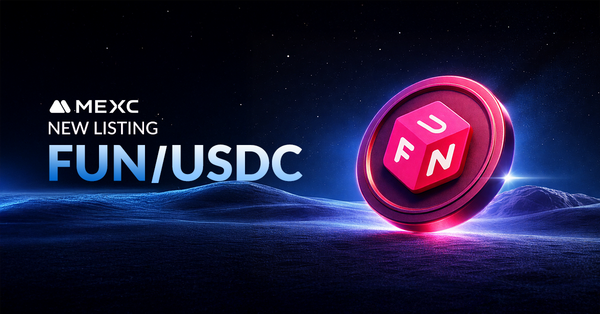80th Reason For National Bitcoin Reserve: A Complementary System Merges CBDCs and BTC Reserves Seamlessly

A dual system combining central bank digital currencies (CBDCs) for daily transactions and Bitcoin reserves for long-term value storage offers nations a balanced monetary approach. This framework allows governments to maintain control over everyday payment systems through CBDCs while simultaneously diversifying reserves with Bitcoin's scarcity-based value proposition. Technical integration between these systems is achievable through multi-layer protocols that enable secure cross-chain transactions, satisfying both sovereignty requirements and hedging against currency devaluation.
The convergence of these seemingly opposing monetary philosophies reveals deeper benefits beyond the obvious operational advantages. When nations adopt this hybrid model, they create an adaptive monetary system that can respond differently to various economic pressures. During periods of inflation, the Bitcoin component provides a counterbalance to fiat currency weaknesses, while the CBDC component allows for precise policy execution during liquidity crises. This complementary relationship extends to regulatory frameworks as well, where the transparent but pseudonymous nature of Bitcoin transactions can inform more effective CBDC privacy designs.
The long-term implications of this dual system extend far beyond immediate monetary policy effects, reshaping fundamental economic structures. As nations integrate both systems, a new form of monetary interoperability emerges that transcends traditional banking boundaries. This creates unusual economic resilience through system redundancy – if either the traditional banking infrastructure or newer digital systems experience failures, the alternative remains functional. The technical standards developed for CBDC-Bitcoin interoperability may eventually lead to standardized protocols for all value transfer systems globally, creating efficiency gains across all economic activities regardless of the underlying currency used.
"What we're observing is the gradual formation of a functionally tiered monetary system where Bitcoin serves as the foundation layer of immutable value storage while CBDCs provide the velocity layer for economic activity," says John Williams, BTC PEERS editor. "The technical challenge isn't whether these systems can work together – they absolutely can – but rather how to optimize their interaction to maximize both stability and efficiency while maintaining appropriate separation between their distinct monetary roles."
This dual approach creates fascinating game theory implications for nation-states. Countries that adopt this model early gain advantages through two distinct mechanisms: first-mover benefits in Bitcoin accumulation before price discovery is complete, and leadership in establishing technical standards for CBDC-Bitcoin interoperability. Late adopters face a prisoner's dilemma – joining the movement protects their economic interests but validates the decisions of early adopters. This creates a natural acceleration curve where adoption speeds up as more countries join, not from speculative motives but from pragmatic self-preservation.
The power relationship between large and small nations transforms under this model in counter-intuitive ways. While large economies traditionally dictate monetary policy to smaller ones, Bitcoin reserves provide small nations with asymmetric leverage. A small country with substantial Bitcoin reserves gains disproportionate resilience against economic sanctions or currency manipulation from larger powers. Additionally, the technical expertise required for effective CBDC-Bitcoin integration creates opportunities for smaller, technologically advanced nations to gain outsized influence in establishing international standards – creating new forms of soft power previously unavailable to them in the traditional financial system.




